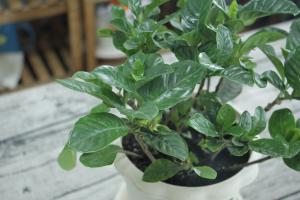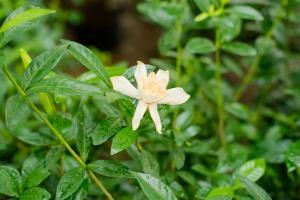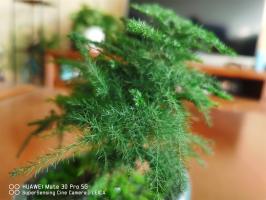Do Pine Trees Kill Other Plants?
Pine trees are a common sight in many places around the world. Known for their tall, slender trunks and long, green needles, these beautiful trees are often used in landscaping or as a source of timber. However, you may have heard rumors that pine trees are harmful to other plants. Let's explore this topic and find out if there is any truth to these claims.
What Are Allelopathic Compounds?
Allelopathic compounds are chemicals that some plants produce to inhibit the growth of other plants around them. Pine trees are one example of a plant that produces allelopathic compounds in their needles and bark. These chemicals are released into the soil around the tree and can affect the growth of nearby plants.
How Do Pine Trees Affect Other Plants?
While pine trees do produce allelopathic compounds, the effect they have on other plants is not always clear. Some studies have found that certain types of plants are more susceptible to the chemicals produced by pine trees, while others are able to tolerate them. In some cases, the allelopathic compounds can actually benefit other plants by reducing competition from weeds and increasing the nutrient content of the soil.
Additionally, pine trees have a dense canopy that can limit the amount of sunlight that reaches the ground. This can make it difficult for other plants to grow in the same area as a pine tree. However, this is not necessarily a result of allelopathic chemicals, but rather a physical limitation caused by the tree's shade.
Can Pine Trees be Planted with Other Plants?
Despite the rumors, pine trees can be planted alongside other plants without causing harm. However, it's important to choose the right types of plants to grow in the same area as a pine tree. Plants that are native to the same region as the pine tree are more likely to tolerate the allelopathic chemicals and the limited sunlight. Additionally, avoid planting plants that require full sun or deep shade, as they will not do well under a pine tree's canopy.
Conclusion
While pine trees do produce allelopathic compounds that can affect the growth of other plants, the extent of their impact is not fully understood. The best way to ensure that your plants thrive alongside a pine tree is to choose the right types of plants and ensure they receive adequate nutrients, water, and sunlight. By doing so, you can enjoy the beauty of a pine tree without worrying about its impact on other plants.

 how many times do yo...
how many times do yo... how many planted tre...
how many planted tre... how many pine trees ...
how many pine trees ... how many pecan trees...
how many pecan trees... how many plants comp...
how many plants comp... how many plants can ...
how many plants can ... how many plants and ...
how many plants and ... how many pepper plan...
how many pepper plan...































